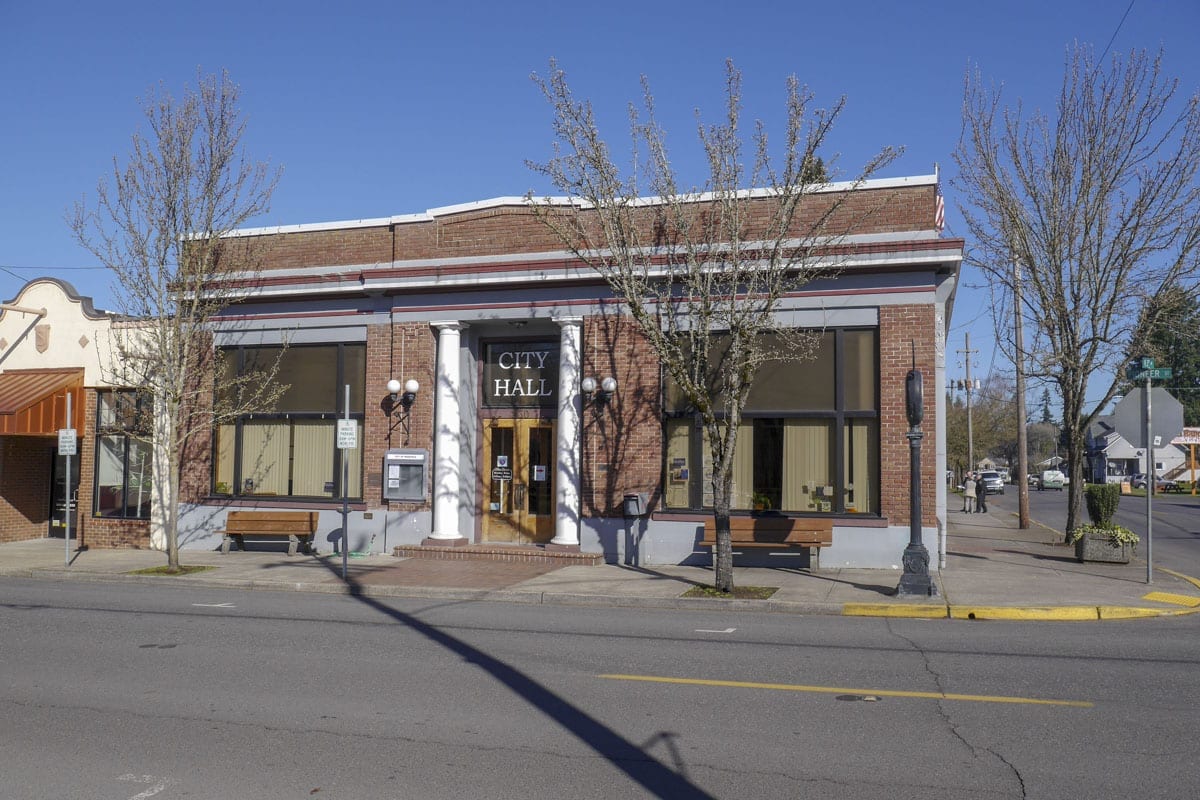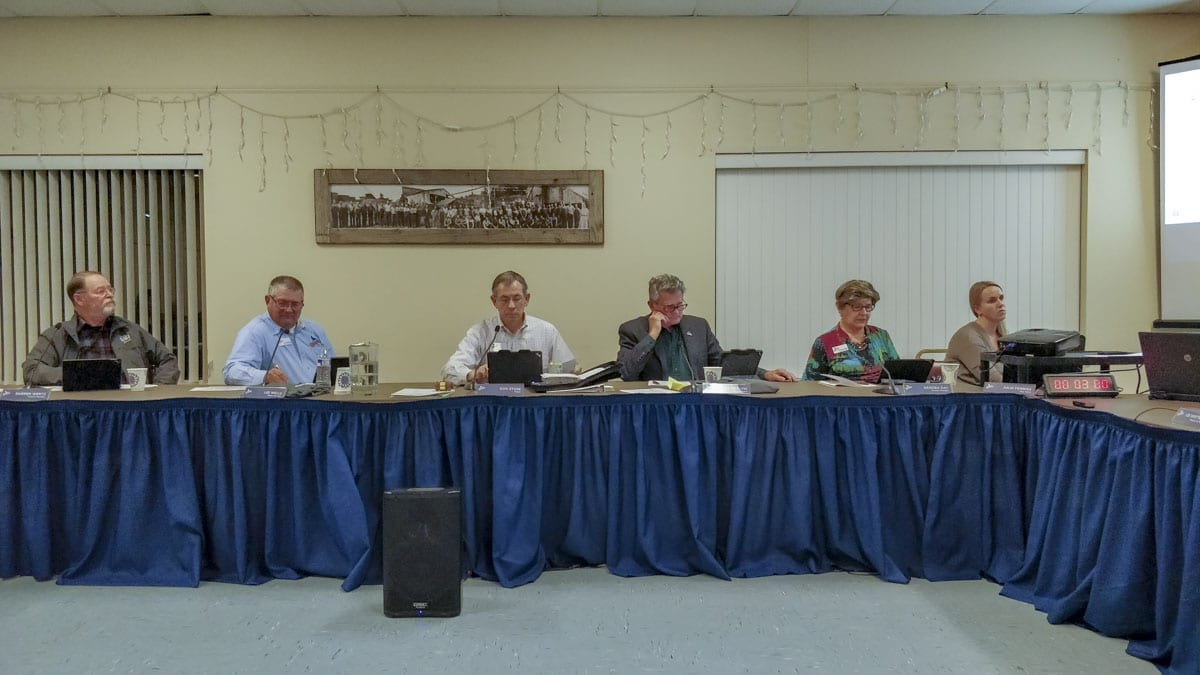The council also passed utility rate increases and raised Traffic Impact Fees for developers
RIDGEFIELD — The city of Ridgefield approved a new budget for 2019 this past week. The city is expecting to spend just shy of $20 million next year, on revenues of just under $23 million. That includes $4.36 million in one-time initiative and capital requests for new water rights, aging infrastructure replacement, new stormwater facilities, and new park and street projects.



The city council also approved three percent rate increases for both water and stormwater utilities.
“In 2016 and ’17, due to the development that we had, we had a zero percent increase, and this year a 1.5 percent increase,” said Ridgefield Finance Director Kirk Johnson. “Each year the model did call for a three percent increase and we bought that down due to the high development.”
According to FCS Group, a consulting firm hired by the city, the increase would raise water rate revenue by 11.47 percent compared to this year, due to increased development in the city, amounting to an additional $73,848 in revenue. The average household will see their water bill increase by approximately $1.65 every two months.
The stormwater rate increase is expected to increase a bi-monthly bill to just over 18 dollars for most households, and generate an additional $19,257 in revenue for the city.
The approved budget includes funding for three more full-time positions in the city, and directs a nearly 35 percent increase in spending on parks development and maintenance.
The 2019 budget is actually $26.6 million dollars less than this year, thanks to the completion of several major road construction projects and other capital improvements. The city anticipates a lighter workload this year, with a focus on water service projects aimed at improving access to water for the growing city.
While road improvement projects will slow down, the city did adjust Traffic Impact Fees (TIF) for developers, increasing them by 25 percent over this year, and recommending additional ten percent increases in 2020 and 2021.
“When something is TIF eligible, it’s kind of an incentive for that developer to build that project sooner,” says Brenda Howell, a staff engineer with the city.
Traffic Impact Fees are used to help build new roads, schools, and other infrastructure to minimize the impact of new construction. Developers can also choose to build their own new roads, in which case TIF money would be credited back to them on completion of the project.
“Our current TIF rate is $307.91 which, for a single family home, works out to $2,946 and some change,” says Howell.
The council could have increased the TIF to $751.21 per added trip, which would have equated to approximately $6,457 per single family home. Instead they decided to approve a 25 percent increase over the current fees, which would increase the TIF rate to $385 per trip, or $3,691 per single family home.
Those increased fees will be used to fund a series of road projects in Ridgefield’s six-year transportation improvement plan, including the widening of Pioneer Street (SR-501) to four lanes, and the long-delayed Pioneer Street overpass connecting to the Port of Ridgefield. A list of planned projects is available here.
The 2019 budget is expected to maintain a 22 percent General Fund reserve, as well as a 28 percent overall operations budget reserve. City Manager Steve Stuart says they have worked to be proactive at preparing for any potential economic downturn. Ridgefield is expecting to see more explosive growth next year, including the opening of a Rosauers Supermarket as part of a commercial development at the Port of Ridgefield’s Discovery Ridge property at Pioneer Street and 45th. The project is already underway, with hopes of opening in the first quarter of next year.
To read more about the budget from Ridgefield City Manager Steve Stuart, visit the city’s website here.




